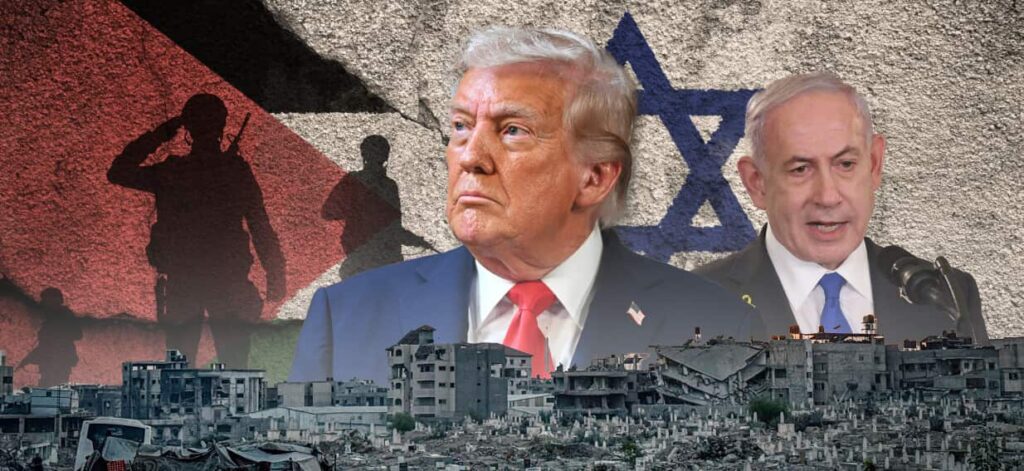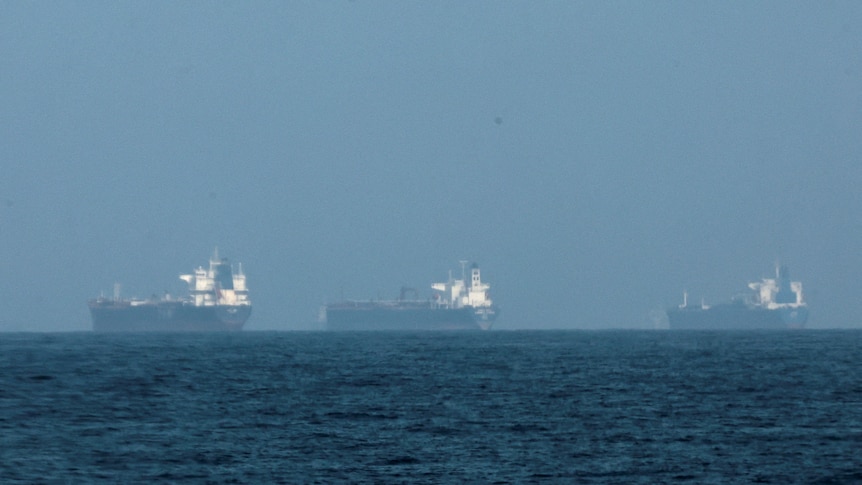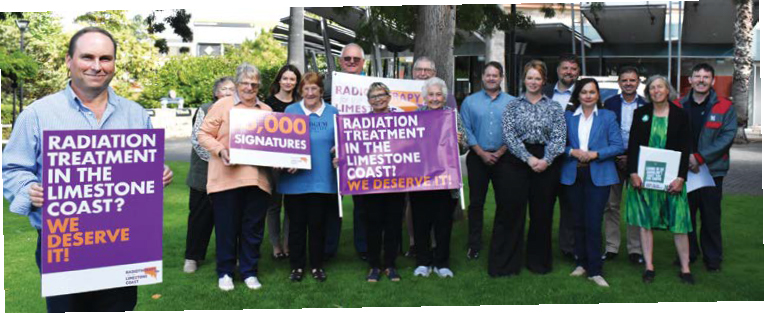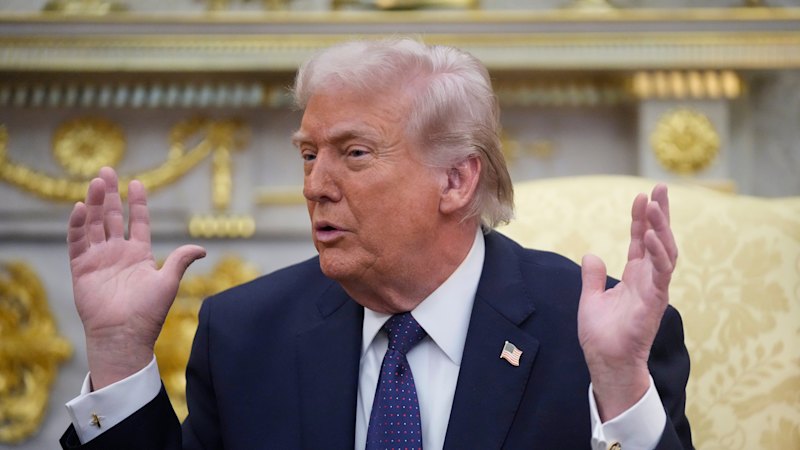
The recent unveiling of a Gaza peace plan by United States President Donald Trump and Israeli Prime Minister Benjamin Netanyahu has sparked a mix of cautious optimism and skepticism. The 20-point initiative aims to address the ongoing humanitarian crisis in the region and proposes steps to achieve a ceasefire and the release of hostages held by Hamas. Despite the plan’s potential to alleviate immediate tensions, experts warn that establishing lasting peace and security may prove to be significantly more challenging.
The White House’s proposal, which has been welcomed by the Palestinian Authority, outlines a framework for resolving nearly two years of conflict in Gaza. According to the Palestinian news agency WAFA, the Authority has expressed its commitment to collaborating with the US and international partners to further develop a comprehensive agreement. However, skepticism remains regarding the plan’s feasibility, particularly due to the absence of Hamas from formal discussions.
Hamas officials have indicated that they have not officially received the peace plan, with one representative stating, “Hamas hasn’t yet received the plan officially, nothing beyond media publication.” Despite this, reports suggest that Qatari and Egyptian mediators have shared the document with Hamas, which has committed to reviewing it “in good faith.”
Challenges for Hamas and Israel
Experts point out that the plan presents significant hurdles for both Hamas and Israel. Eyal Mayroz, a senior lecturer in peace and conflict studies at the University of Sydney, notes that for Hamas to agree to the disarmament provisions, it would have to relinquish its military capabilities. This could leave the group vulnerable to what Mayroz describes as “Israeli aggression.”
Moreover, the ambiguity surrounding the specifics of Israel’s military withdrawal from Gaza raises further concerns. “Disarming or decommissioning its weapons would leave Hamas and its people defenseless,” Mayroz explained. He emphasized that such a move would undermine Hamas’s aspirations for a secure future in Gaza.
The issue of Palestinian statehood remains contentious as well. Netanyahu has historically opposed the notion of a sovereign Palestinian state, and the proposal’s vague assurances regarding statehood have been criticized as insufficient. Mayroz remarked, “The idea of a future Palestinian state for many people in Israel, especially on the right, is a no-no.”
Australia, during the recent United Nations General Assembly, announced its formal recognition of an “independent and sovereign state of Palestine.” Despite this, Netanyahu’s support for Trump’s initiative seems calculated to strengthen his ties with the US while also navigating internal pressures within his government.
Concerns Over Implementation and International Involvement
The plan’s lack of direct consultation with Palestinian stakeholders has raised alarm among some analysts. Jessica Genauer, a senior lecturer in international relations at Flinders University, highlighted this gap as potentially detrimental to the initiative’s success. She noted that while the initial actions proposed, such as the gradual withdrawal of Israeli forces and the release of hostages, may be achievable, the longer-term objectives are fraught with complexity.
Genauer criticized the involvement of Tony Blair, the former UK Prime Minister, suggesting that his historical role in the Iraq War could hinder Palestinian acceptance of the proposed international oversight committee. “The naming of Tony Blair in this potential peace plan shows that Donald Trump is somewhat tone deaf,” she stated, emphasizing the need for a more inclusive dialogue with Palestinian perspectives.
In discussing the broader implications of the plan, Mustafa Barghouti, general secretary of the Palestinian National Initiative, reiterated the necessity of addressing the underlying issue of Israeli occupation. He pointed out that the plan fails to mention the establishment of a Palestinian state or the cessation of Israeli settlement expansion in the West Bank, which he views as critical for peace.
The ongoing violence, exacerbated by Hamas’s attacks on October 7, 2023, which resulted in over 1,200 casualties and numerous hostages taken, underscores the urgency of finding a resolution. The health ministry in Gaza reports that more than 66,000 people have been killed since that date.
Despite the challenges ahead, some experts believe that negotiations with Hamas could pave the way for lasting peace. Ian Parmeter, a Middle East expert at the ANU Centre of Arab and Islamic Studies, emphasized that resolution through negotiation remains essential. “No enemy in the Middle East is ever completely destroyed,” he said, advocating for a diplomatic approach similar to the 1979 peace agreement between Israel and Egypt.
As stakeholders navigate the complexities of the Trump-Netanyahu plan, the need for inclusive discussions that genuinely consider Palestinian aspirations will be vital for any hope of achieving lasting peace in the region.






